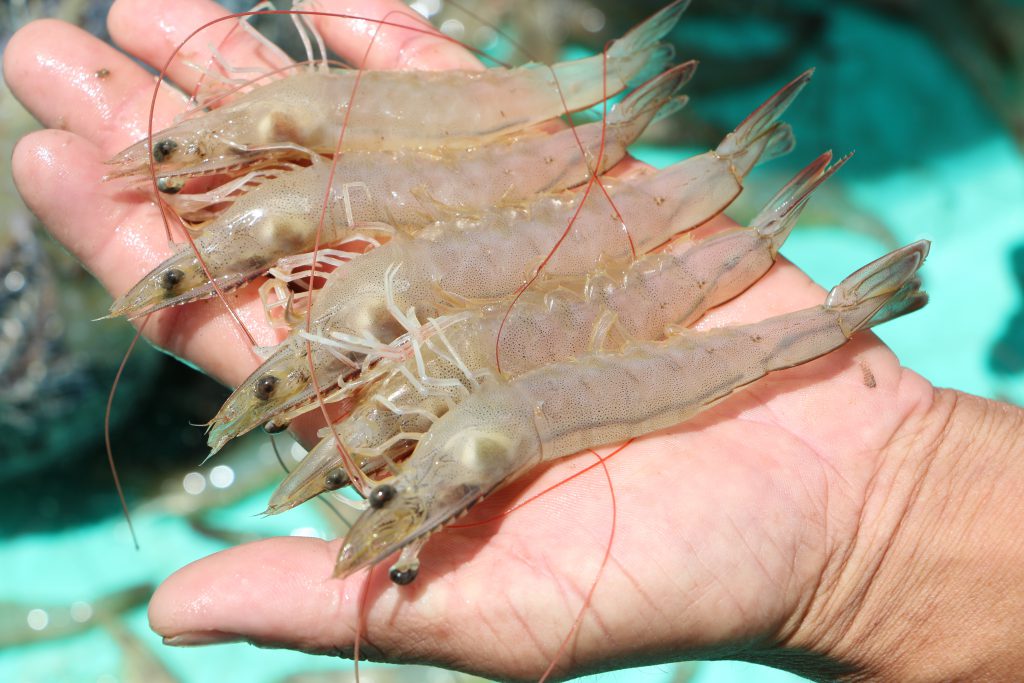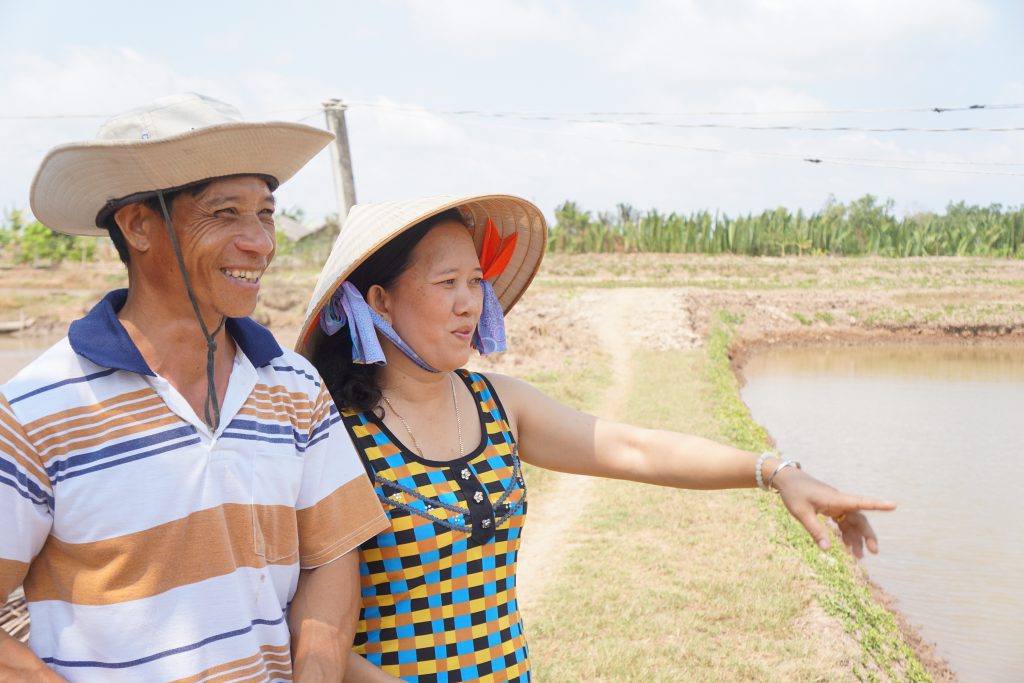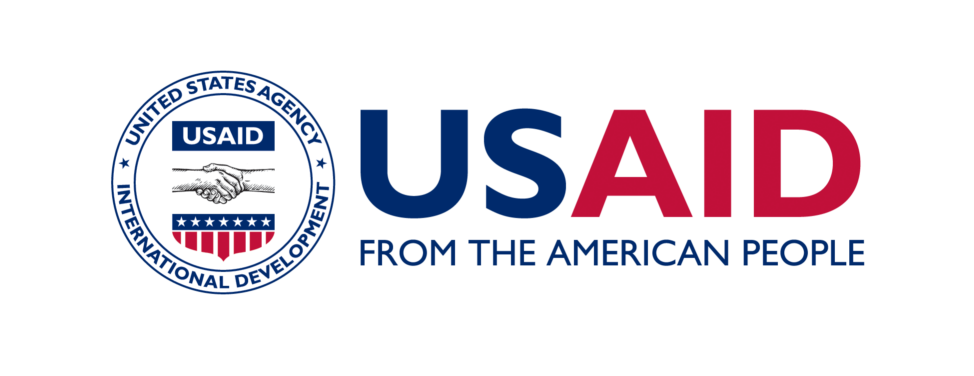News and events
How Vietnamese Farmers Overcame the Twofold Crisis
With the threats of saline-intrusion and drought still present, the farmers of the Mekong River delta are now also facing the ever approaching threat of COVID-19, turning the situation into an unprecedented twofold crisis. However, with extensive preparedness and cooperation, a wonder can still be made in times of great economical crises.
Preparation and confrontation
Extensive preparation
To quote Oxfam Vietnam: “The 2015 – 2016 drought and saline intrusion were a painful lesson. To minimize the damage from climate change and extreme weathers, the Gender Transformative and Responsible Agribusiness Investments in South-East Asia (GRAISEA) project puts a great emphasis on building resilience for participating smallholders. Following sustainable production practices and standards (SRP, ASC, and Organic standards), farmers are trained to use less production input for higher profits, and improve in natural resources efficiency. Lessening the reliance on input improves farmers’ resilience to climate change in the long term. They are also familiarized with harsh farming conditions like water and resources scarcity.
One of the key interventions of GRAISEA is conducting planning sessions on Vulnerability/Risk Assessment, not only improving farmers’ awareness on a changing climate, but also to develop risk scenarios and adaptation plans. In specific, producers would take the historic drought in 2015 – 2016 as a benchmark to pinpoint the potentially affected ponds and paddies, thus adjust their sowing and stocking. In 2020, shrimp farmers in Ca Mau stocked ponds with only 38% of post larvae (PL) compared to last year. Production input was saved, risk minimized, and damage diminished.
Photo: Duy Khuong / Oxfam in Vietnam
Intensive shrimp farmers also converted some of their ponds to extensive temporarily. Although the net revenue is only 30% of a bumper intensive harvest, extensive ponds, requiring much less investment, generate some income for them to live by should intensive ones fail.”
Advantages of small-scaled productions
Farmers of the Mekong River Delta diversify their income sources when shrimp productions do not meet exporting standards by investing in prawn crackers or wind-dried shrimps. Even when the shrimp market retains stability, farmers still stock up pond crabs just in case.
Small-scaled producers have been receiving advice and assistance from GRAISEA on diversifying livelihoods and selling value-added products. In their words: “We especially supported women-led initiatives, and increase women’s participation in generating income for the family and building resilience.”
Photo: Duy Khuong / Oxfam in Vietnam
Small-scaled productions are often seen as inferior to colossal enterprises but that very characteristic is gave way for changes in business models and adapting quickly to sudden shifts on the market.
Cooperation
While flexibility and versatility are powerful tools while facing an ever changing market, it is cooperation that is the most important factor in preserving the stability of development. GRAISEA had unified and collaborated with private sectors to form a supporting net to provide assistance to small-scaled productions in times of difficulties or crises like lending production input in advance, or buying and storing their products.
Not only that, co-operatives and partner enterprises have forged a risk reserve fund in an effort to support worst-affected producers with the endorsement of GRAISEA.
Results
With positive progress appeared in the fight against COVID-19, so do they with farmers all across Vietnam in general and in Mekong River Delta specifically. Small-scaled producers under the assistance of GRAISEA have managed to prevail through times of hardships and are now re-establishing operations.
*All photos used are properties of Oxfam Vietnam*
Official source: https://vietnam.oxfam.org/latest/stories/how-vietnamese-smallholders-overcame-twofold-crisis
Read more
- The Awards Ceremony for the contest “Spread blue actions – Reduce plastic wastes”
- E-logbook, Electronic Catch Documentation and Traceability (eCDT) : A new step to modern fisheries
- A conference on the co-management sharing, recognizing the assignment of management rights of community organisation in Bai Dua area in Nhon Ly commune and communications on the co-management in aquatic resources protection at LMMA Quy Nhon Bay.




























